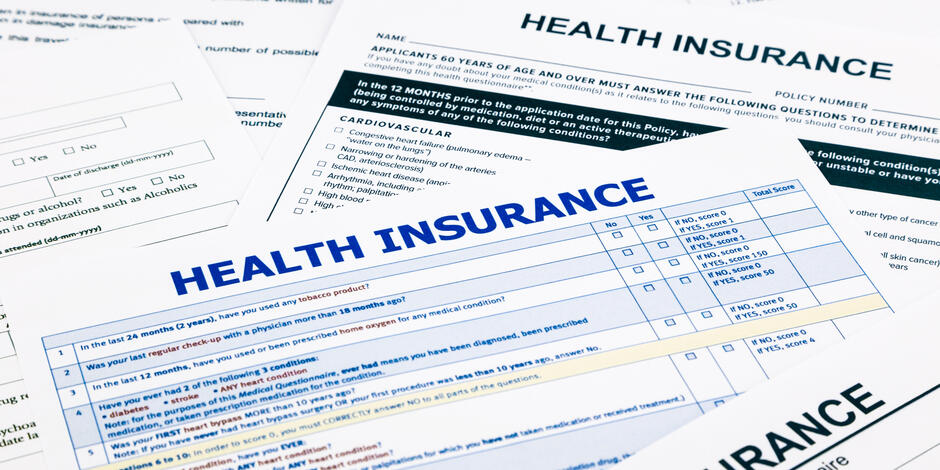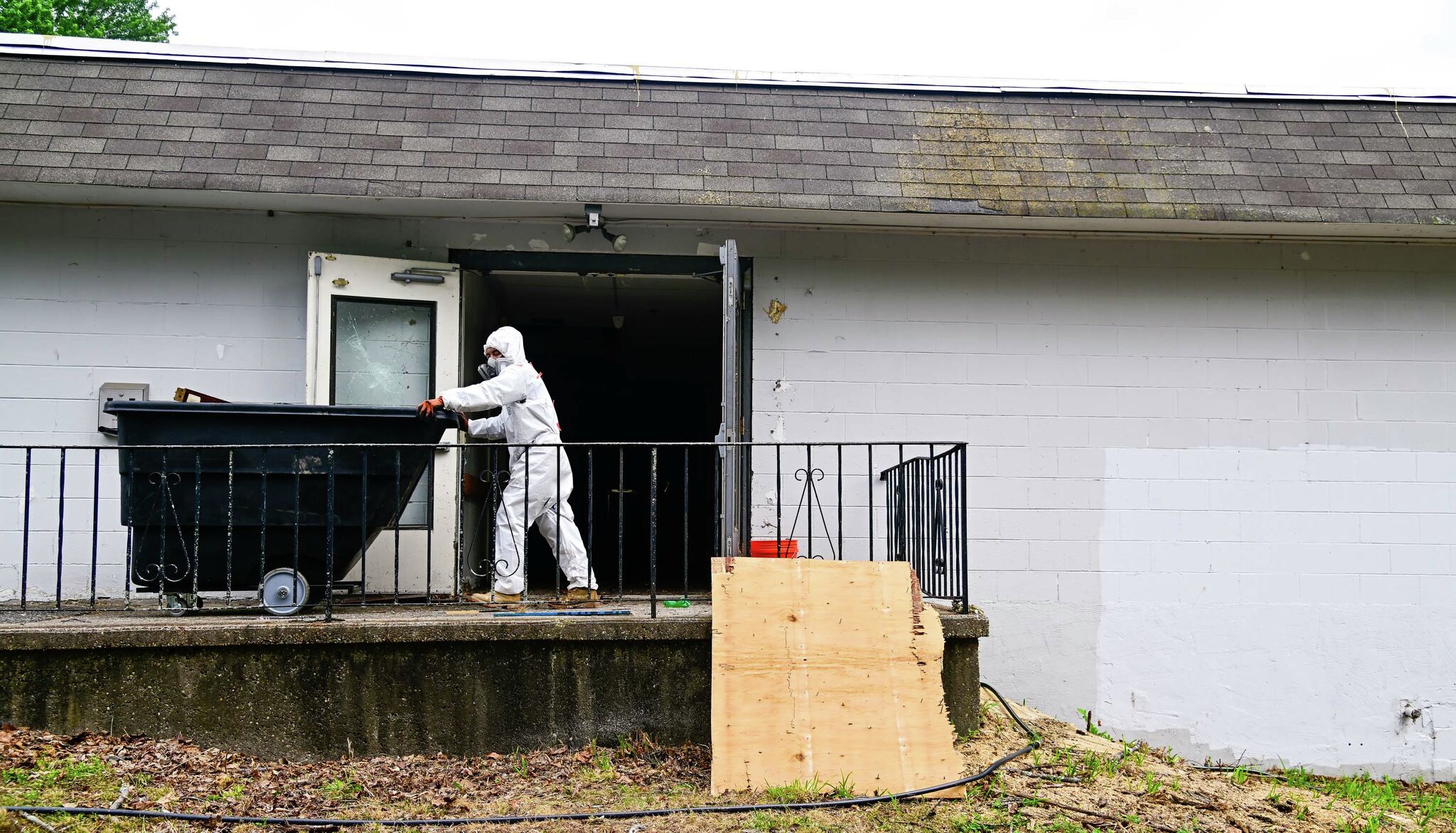
A recently passed reconciliation bill in the U.S. House of Representatives has raised alarm among health policy experts and advocacy groups, who warn that the legislation could lead to widespread loss of health coverage and increased health care costs for millions of Americans.
The proposed bill includes provisions that would significantly roll back healthcare access by repealing or reducing funding for key health programs established under the Affordable Care Act (ACA) and Medicaid. Policy analysts suggest that such cuts could disproportionately affect low-income individuals, seniors, and people with disabilities—populations that heavily rely on these public health programs.
Initial assessments indicate that millions could lose their health insurance coverage altogether if the bill becomes law. This could be due to the elimination of subsidies that help individuals afford health insurance premiums or the tightening of Medicaid eligibility requirements.
In addition to coverage losses, the bill would likely lead to increased out-of-pocket healthcare costs for a wide swath of Americans. The proposed changes could lower the benchmark for federal aid, shift more costs to consumers, and reduce protections against high medical expenses.
Health policy advocates have urged the Senate to revise the bill to preserve and expand access to affordable coverage. They argue that, amid ongoing economic challenges and healthcare needs heightened by the COVID-19 pandemic, safeguarding public health infrastructure is more vital than ever.
The bill now heads to the Senate, where further scrutiny and possible amendments are expected. Meanwhile, public health organizations and civic leaders are mobilizing to highlight the potential consequences of the legislation and to advocate for a more inclusive healthcare policy framework.
Source: https:// – Courtesy of the original publisher.








